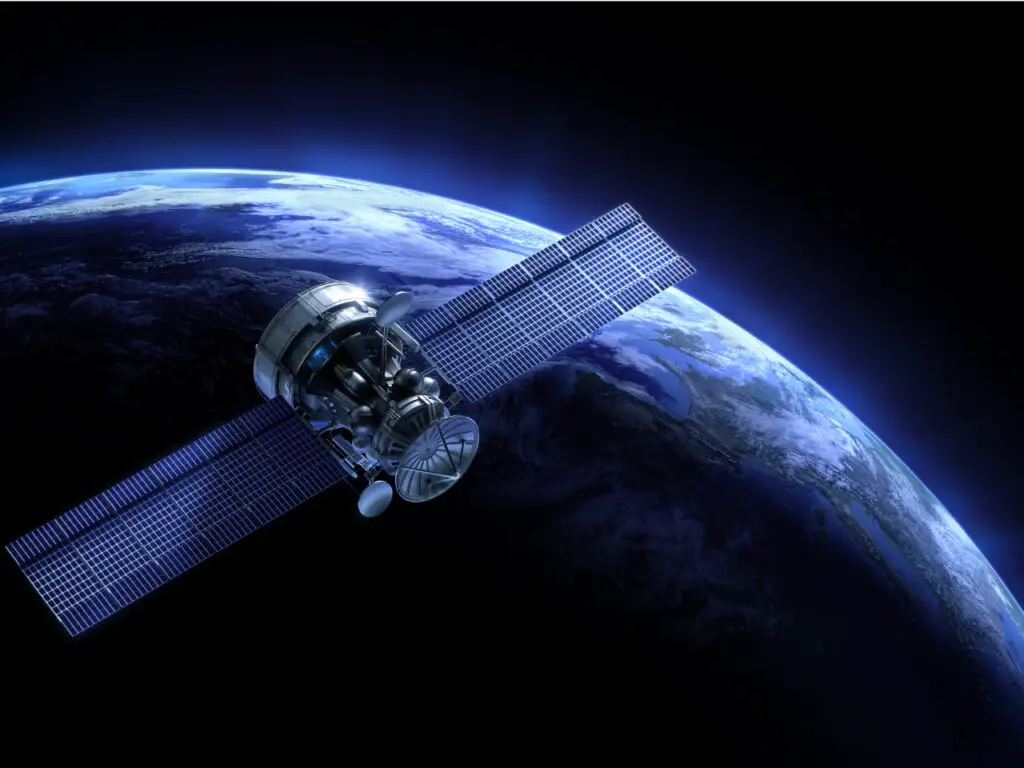- Elon Musk Starlink satellite internet in Tanzania expected as early as first quarter of 2023
- Tesla to access nickel and cobalt from Tanzania’s Kabanga mines by 2025
- Tanzania, Kabanga form Tembo Nickel Corporation at 16% and 84% shares respectively
Elon Musk in Tanzania: Did you know, there are over 3250 satellites hovering in the Lower Earth Orbit over you? The number is not shocking, what is impressive is the entire satellite constellation is owned by a single company, Elon Musk’s Starlink.
In his ambitious effort to offer faster internet coverage globally, the world’s richest man actually plans to have as many as 42,000 satellites in the Lower Earth Orbit (LEO).
As we enter the New Year 2023, Tanzania is set to become the fourth African country to allow internet service provision from Starlink’s LEO satellites.
Even though Tanzania has already laid down some 7,910Km of fibre optic cable that it calls the National ICT Broadband Backbone (NICTBB), the East African second largest economy is looking to boost its digital economy through provision of more affordable connectivity.
Musk’s U.S. based Starlink has applied for a license from the Tanzania Communications Regulatory Authority (TCRA) to provide satellite Internet services in the country.
This most recent application by Starlink is only part of it’s parent company SpaceX expansion into Africa. The expansion has been branded as the goodwill to ‘bring broadband to the most remote and landlocked areas…to help achieve the SDG of universal internet access by 2030.
And to respond to ‘increased demand for broadband connectivity on the continent caused by the Covid-19 pandemic.’
And to ‘help bridge connection gaps caused by natural and man made disasters like the volcano eruption in Tonga and the Russia-Ukraine war respectively.’
Riding on this ‘goodwill’, Musk’s company Starlink was funded by USAID (and others) to deliver 5,000 terminals ‘to help maintain communications and assist in the war effort in Ukraine and another 50 terminals in Tonga.’
What remains to be seen is the price of this goodwill connectivity; the final cost to be shouldered by the consumer will unfold if there is a profit skeleton underneath the goodwill meat and skin.
Conspirators argue that the goodwill connectivity is only a good dribble move to score the real goal, access to cobalt and nickel to feed the lithium battery demand for Elon Musk’s other multi-million dollar company Tesla, the world’s top producer of electric vehicles.
For nickel & cobalt: Elon Musk, Tesla strategic investment in Tanzania
Good news for Tesla, the United Kingdom mining company Kabanga Nickel has finalized a deal with the Government of Tanzania for the development of what will soon be the world’s largest nickel deposit project.
The multi-billion-dollar nickel deposit project looks to unearth 58 million tonnes of minerals including over 1.52 million tonnes of nickel and unspecified amount of cobalt and copper.
To realize the deal, a joint venture company, Tembo Nickel Corporation has been formed with a 84% and 16% ownership structure between Kabanga and the Republic of Tanzania respectively.
Already, Kabanga Nickel Ltd. is looking to raise a whopping $1.3 billion for the project. Projections show that the mine will produce in excess of 50,000 tons of nickel cathodes per year by 2024.
While cobalt is the traditionally used element in lithium-ion batteries, nickel is meant to replace the expensive cobalt, which is more expensive and has a less transparent supply chain.
“This mine will contribute significantly towards supplying critical and traceable battery metals for the transition to a low carbon world economy,” pledges Kabanga Nickel’s chairman, Keith Liddell.
To catch what is referred to as the “inflection point” in the demand for electric vehicle manufacturing, Kabanga Nickel is reported to be accelerating work for the production of development ready nickel in western Tanzania.
To meet this demand peak point, Kabanga Nickel is pushing to start production as early as the fourth quarter of 2025
“We’re not waiting for the feasibility study to complete…we have sufficient confidence in the existing feasibility study, and investment to allow procedures to continue,” declared the Kabanga Nickel CEO Chris Showalter in an interview.
There is good reason for Elon Musk and Starlink to choose Tanzania as a strategic operation base. Beyond the potential of the Kabanga project, Tanzania has also signed a cobalt refinery pact with the Democratic Republic of the Congo (DRC) which has the world’s largest cobalt deposit with an estimated 3.5 million metric tons.
So, by coming into play in Tanzania, goodwill internet satellite or not, Elon Musk gets access to the two basic resources he needs for Tesla electric vehicles, nickel and cobalt.
The global purchase of electric vehicles zoomed past the 6.5 million mark in 2021 up from 3 million the previous year earlier.
Leaving traditional fossil fuel guzzlers choking on their own smoke, the electric vehicle demand made a clean break from the dirty fuel competition accelerating up 9% in the global vehicle demand, reports the International Energy Agency (IEA).
Despite the intentions, Tanzania stands to benefit on many fronts, from increased foreign direct investment (FDI) to transfer of technology, growth of its manufacturing sector and a boom in mining, increased jobs and access to fast, affordable digital technology.
Previously a low-tech, developing country, now Tanzania is on the verge of becoming part of the world’s most modern technologies in clean energy and ICT development. It is a win-win for Tanzania.
